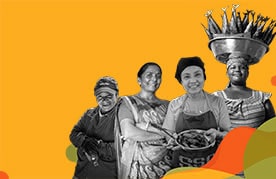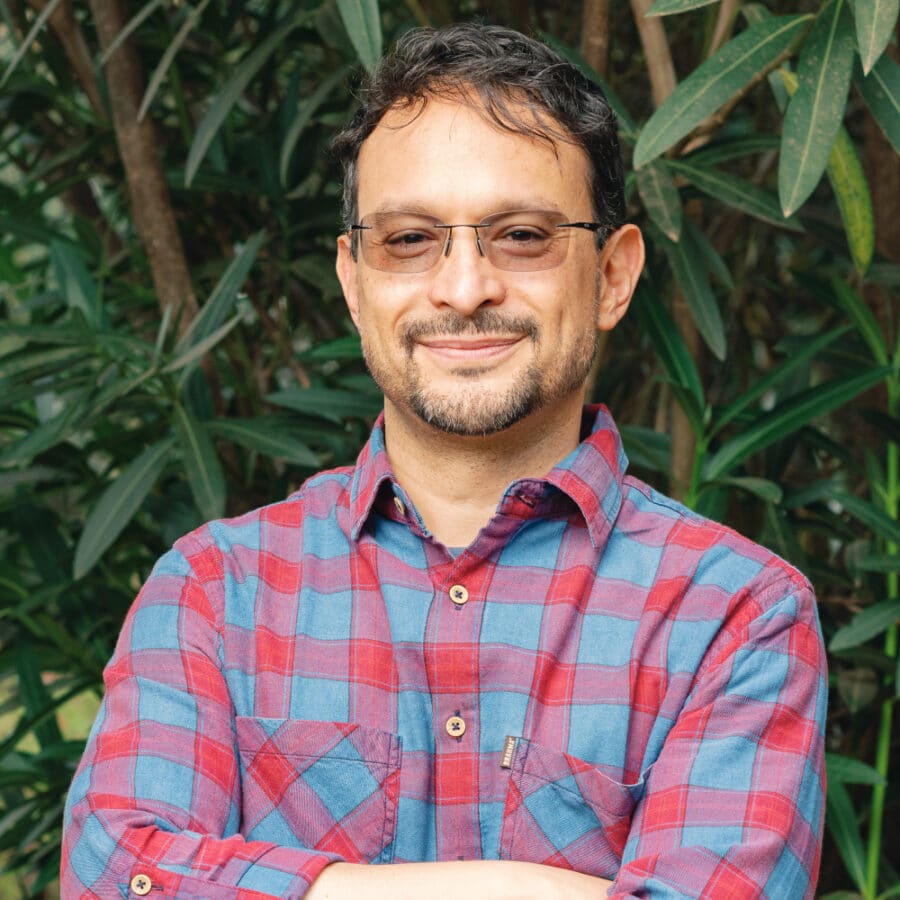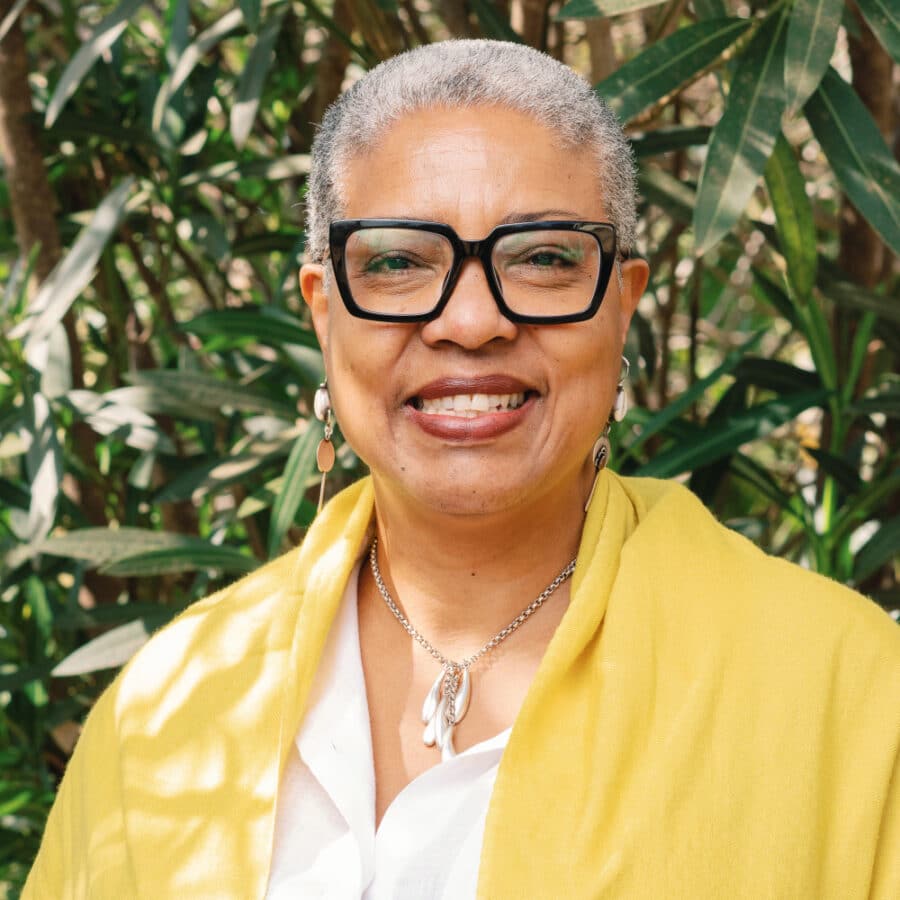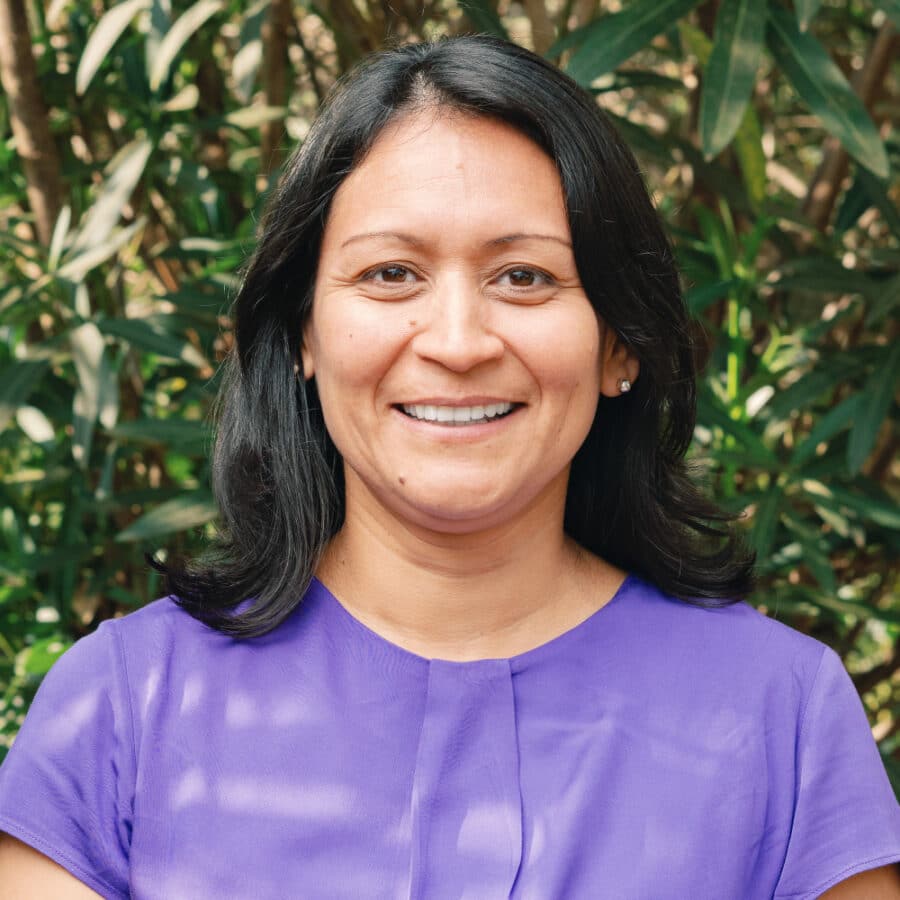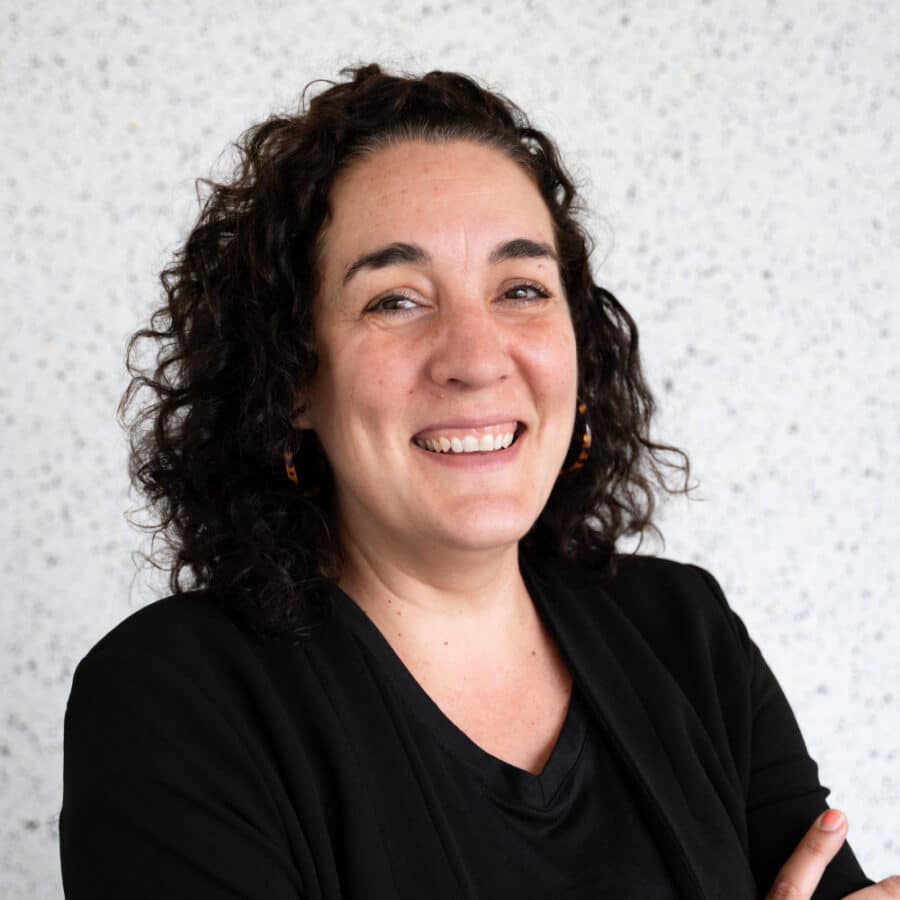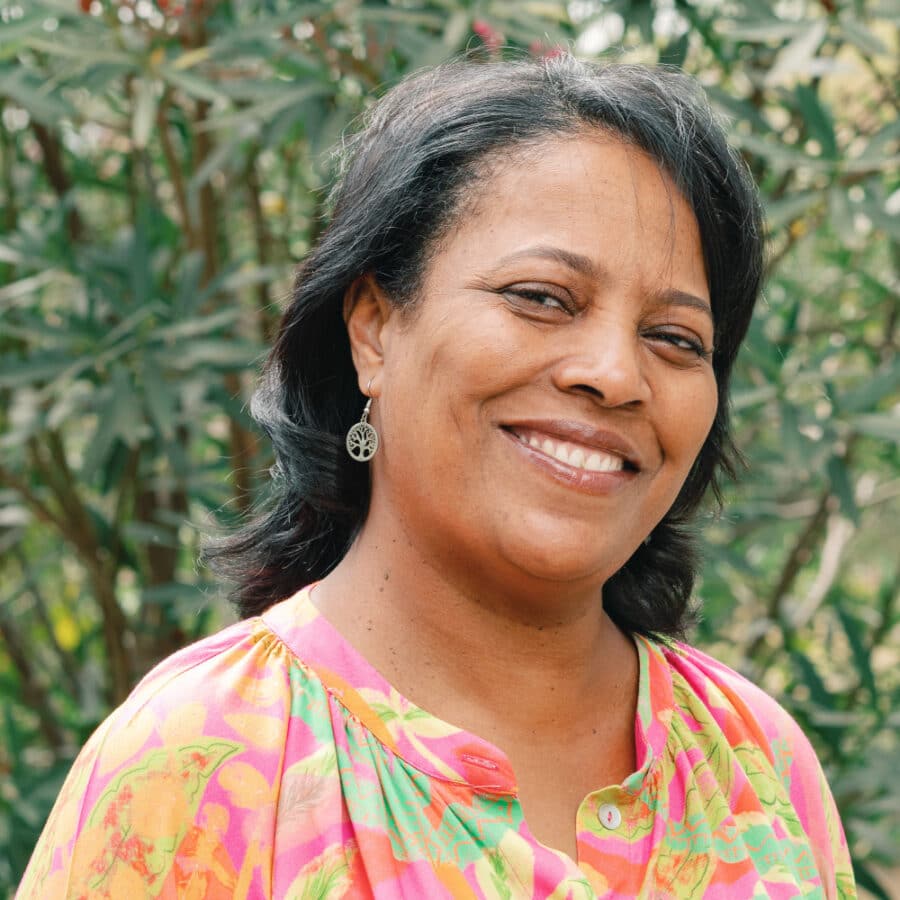Intro to the ProgrammeWorkers in informal employment organize to build the power, skills and collective voice needed to improve working conditions and fight for social justice. Worker organizations influence decision-makers most effectively when they are representative, governed democratically, and have women leaders at the centre.
WIEGO’s Organization and Representation Programme supports groups of workers in informal employment to unite into membership-based organizations and networks across cities, countries and regions.
The Programme uses research and education tools to ensure workers in informal employment have the confidence and skills to achieve their goals, and be recognized as workers.
We also strengthen the links between worker organizations and the trade union and cooperative movements, the International Labour Organization (ILO) and other global institutions.
